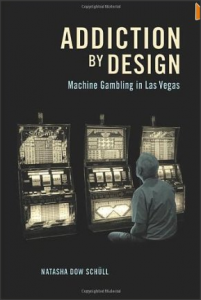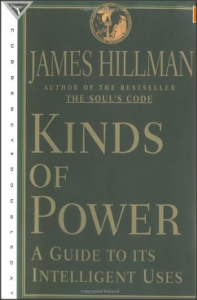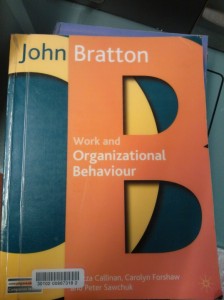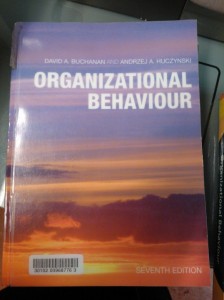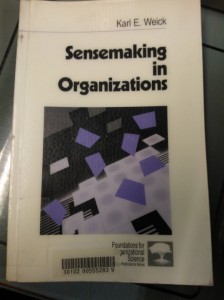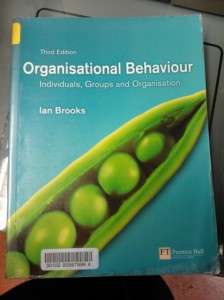I have been reading the book: The Research Journey, Introduction to Inquiry by Sharon E Rallis and Gretchen B Rossman (ISBN: 978-1-4625-0512-8 (pbk)).
Reading the book has encouraged me to re-think my project title. I decided to review some of the earlier reading and thinking I have done and some of the original concepts that I looked into. I remembered that I was initially interested in organisational behavior, organisational theory, organisational change, Sensemaking, Action Research, Grounded Theory, innovation, service, business systems, information technology, and Actor-Network Theory.
I need to refine and narrow my project scope but I do not want to throw out everything I wanted to use previously. So I have decided to start the conceptual plan with an overarching statement routed in the organisation and then move on to a statement that includes the word innovation and integrate this with the word service.
The combination – organisation – change – innovation – service seem to capture all of the concepts above and more.
Last night I came to the following:
An Actor-Network Theory and Sensemaking inquiry into organisational change: exploring service innovation in relation to postgraduate student enrolment in post 1992 higher education institutions.
Some possible research questions:
- How do postgraduate course recruits make decisions whether or not to enrol?
- What are the critical factors leading to successful enrolment?
- What are service innovations?
- What innovations contribute to successful achievement of enrolment targets?
- What impact do service innovations have on the organisation, the staff, the curriculum and other services and systems?
- When should innovations be implemented?
- Who determines the effectiveness of service innovations?
- How are service innovations developed and implemented?
A couple of possible research propositions:
- P1: postgraduate applicants are more likely to enrol is they have continuing dialogue with academic staff.
- P2: services supporting postgraduate recruits (ICT, documents, interviews etc. etc.) need to be clearly defined and transparent.
- P3: to be successful service innovations need to include: fees and finance, academic teams, support teams, academic policy, curriculum development, marketing, PR and ICT and other organisational areas.

![[Book] The Research Journey](https://yellowbag.edublogs.org/files/2013/08/Snap-2013-08-27-at-11.22.49-10qioj4-200x300.png)
